
Culture
22:04, 13-May-2018
"Family means everything": Wenchuan earthquake survivors rebuild lives
CGTN
03:52
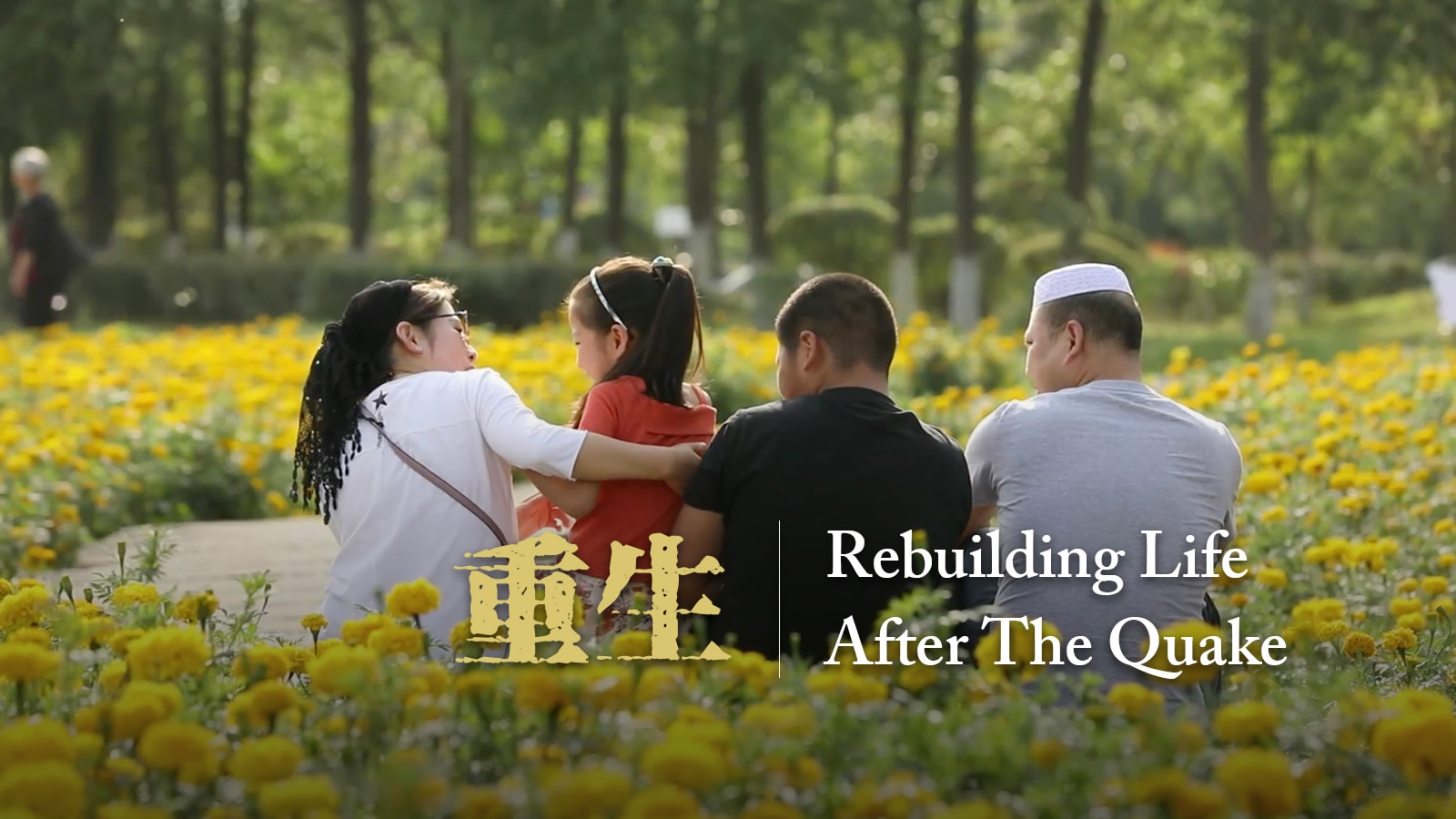

CGTN
CGTN
Ma Fuzhong was born in Gansu Province in 1977. Now he is the owner of the time-honored Beichuan Halal Snacks restaurant. Business is very good and most customers are old acquaintances of the owner. They know each other so well that they can easily spot the changes in each other's appearances over the last decades.
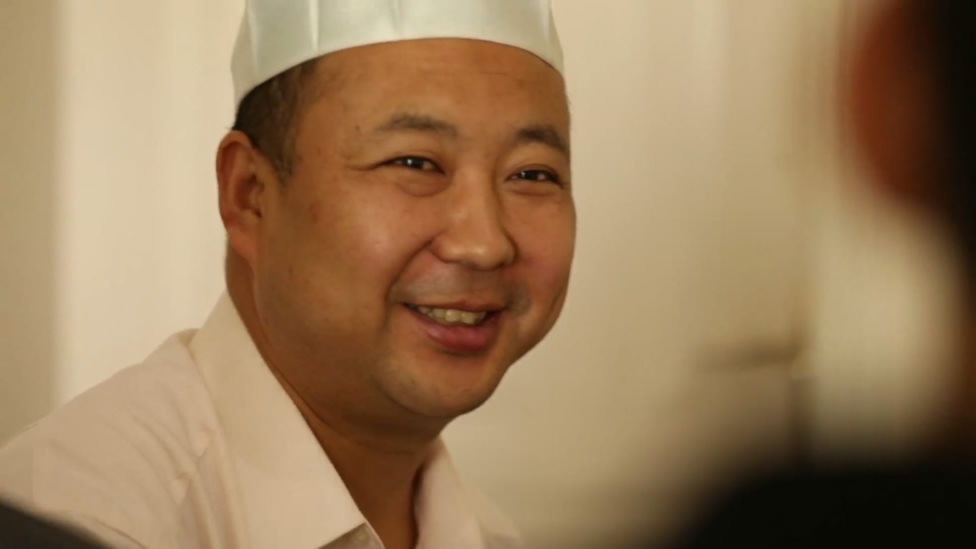
Ma Fuzhong /CGTN Photo
Ma Fuzhong /CGTN Photo
The restaurant is one of the few businesses that are older than the new town of Beichuan. It has been the locals' favorite for more than 20 years.
Ma came to Beichuan in 1999 at the age of 22. Although the place didn't impress him at first. "It was drizzling, and the sky was gloomy. The paths were rough, and I was overwhelmed by the high mountains, which made me scared," Ma recalls. He didn't expect to meet his future wife or stay for the rest of his life in Beichuan. "Living here for some time, I began to feel that the place was so blessed with picturesque scenery," said Ma. "The drinking water flowed down the mountains. Right on the left of the old restaurant, there was a natural hot spring at the foot of the mountain."
The "old restaurant" he mentioned had been run by Ma's father-in-law since 2000, who started the business by selling rice noodles on a cart. After the market was regulated, the old couple rented a facade shop on the edge of town. They kept selling rice noodles, as well as hand-pulled noodles and homemade dishes.
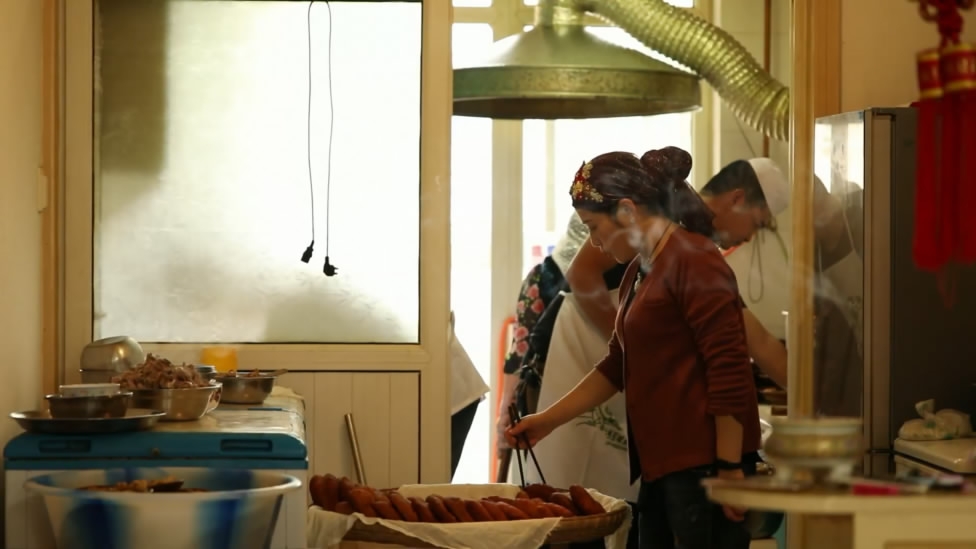
CGTN Photo
CGTN Photo
"My father-in-law doesn't talk much. But people say that he is an honest man." On the edge of the town, there were few customers. But before long, the restaurant became famous for both the delicacy and the integrity. New customers became regulars. Little by little, the restaurant began to expand.
Ma started to help his father-in-law at the restaurant, knowing nothing about the business at first. But he had harbored an interest in cooking since his childhood, so he learnt quickly. In just one year, he became very good at it. Everything was running smoothly, until the disaster in 2008.
"When the earthquake happened, I wasn't in Beichuan. I was 150 km away in Santai County, Mianyang City visiting an old classmate," Ma recalled. "We were walking in the street when everything started shaking and everybody was running." Ma wasn't able to get through to his family, nor did he anticipate the severeness of the situation, thinking the quake had only struck Mianyang and not Beichuan.
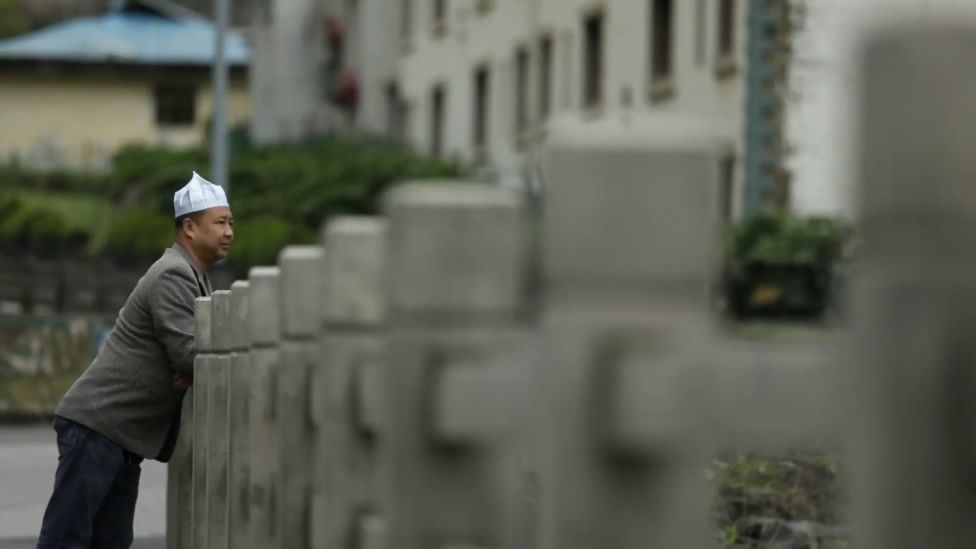
CGTN Photo
CGTN Photo
Things changed when he heard two old men chatting about hearing of the destruction in Beichuan from the radio. "I was somehow prepared, because my home was right at the foot of the collapsed mountains," said Ma. "But I dared not picture it."
"Perhaps they were wrong." With that tiny hope, Ma made his way home the next morning. The Mianyang bus station was in chaos. Everyone was in a frenzy trying to get somewhere. He queued for a long time and asked for a ticket to Beichuan.
"Beichuan?" said the ticket clerk, "Beichuan is history."
"My vision was so blurred that I didn't know where I was going." Somehow, Ma managed to get on a vehicle and rush to his wife's uncle's. There he was reunited with his wife and son who barely escaped: "Except for their eyes, they were covered in black dust from head to toe. We all broke into tears." It was his wife's uncle that rushed over on a motorcycle and brought them from the ruined town.
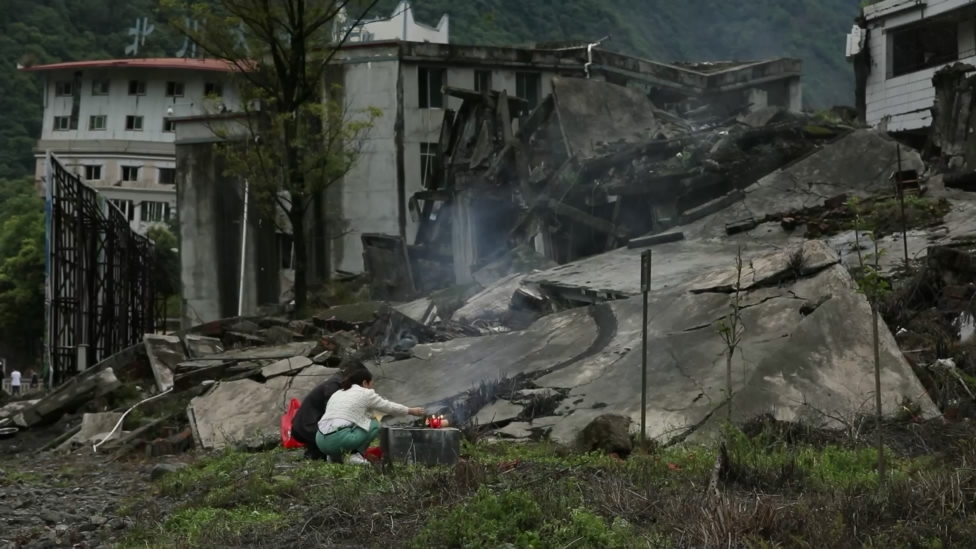
CGTN Photo
CGTN Photo
Ma's father-in-law broke his foot escaping, but all five family members survived. The same couldn't be said for many other families. With nearly 70% of the old town buried in debris, it was impossible to find home and after the reconstruction, they settled down in the new town. Ma would now support his family as a migrant worker.
Things finally became stable again in 2015, when Ma had enough savings, and he began to think about reopening the restaurant: "I always wanted to inherit the skills of my in-laws." That August, Beichuan Halal Snacks opened for business.
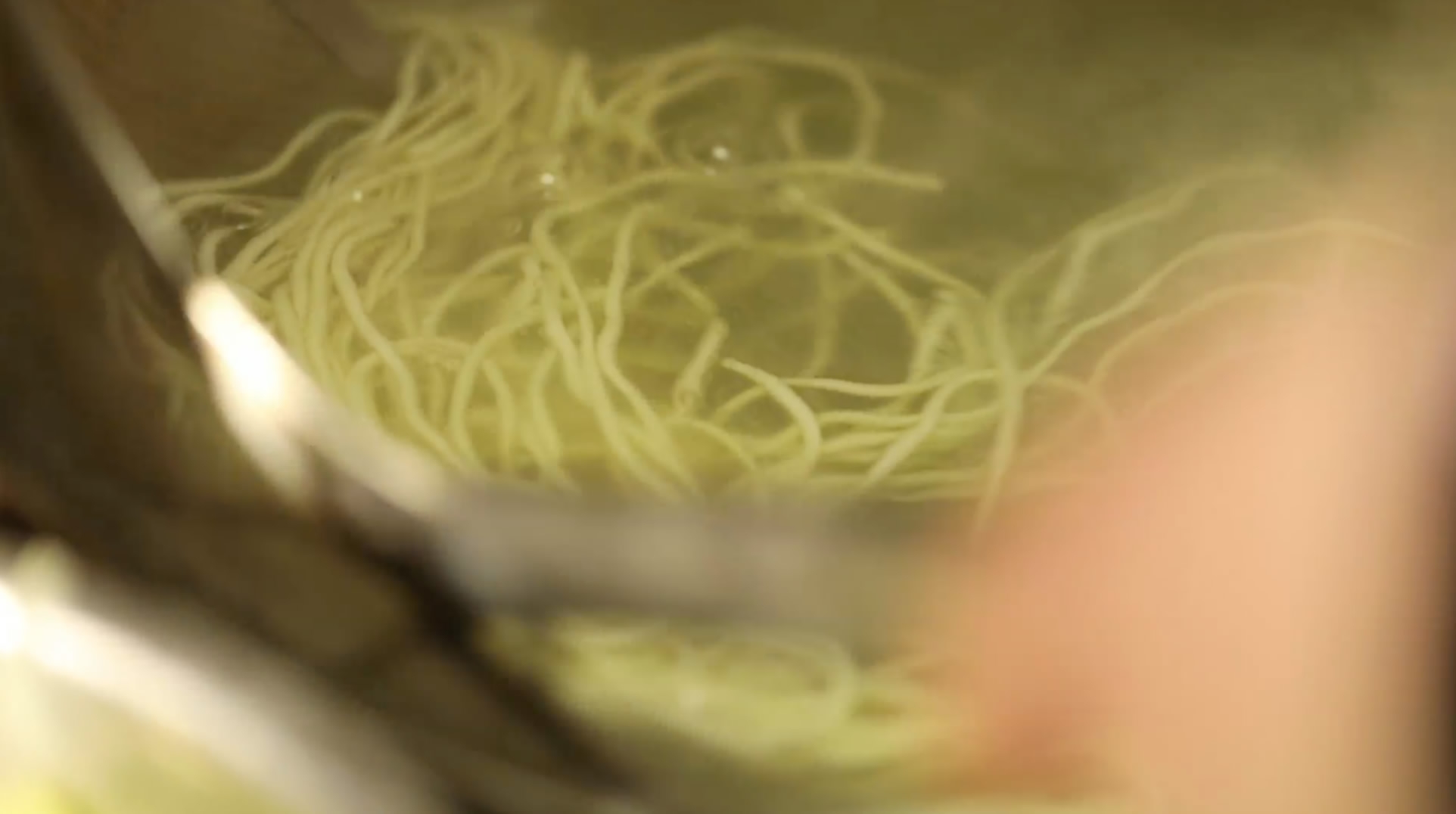
CGTN Photo
CGTN Photo
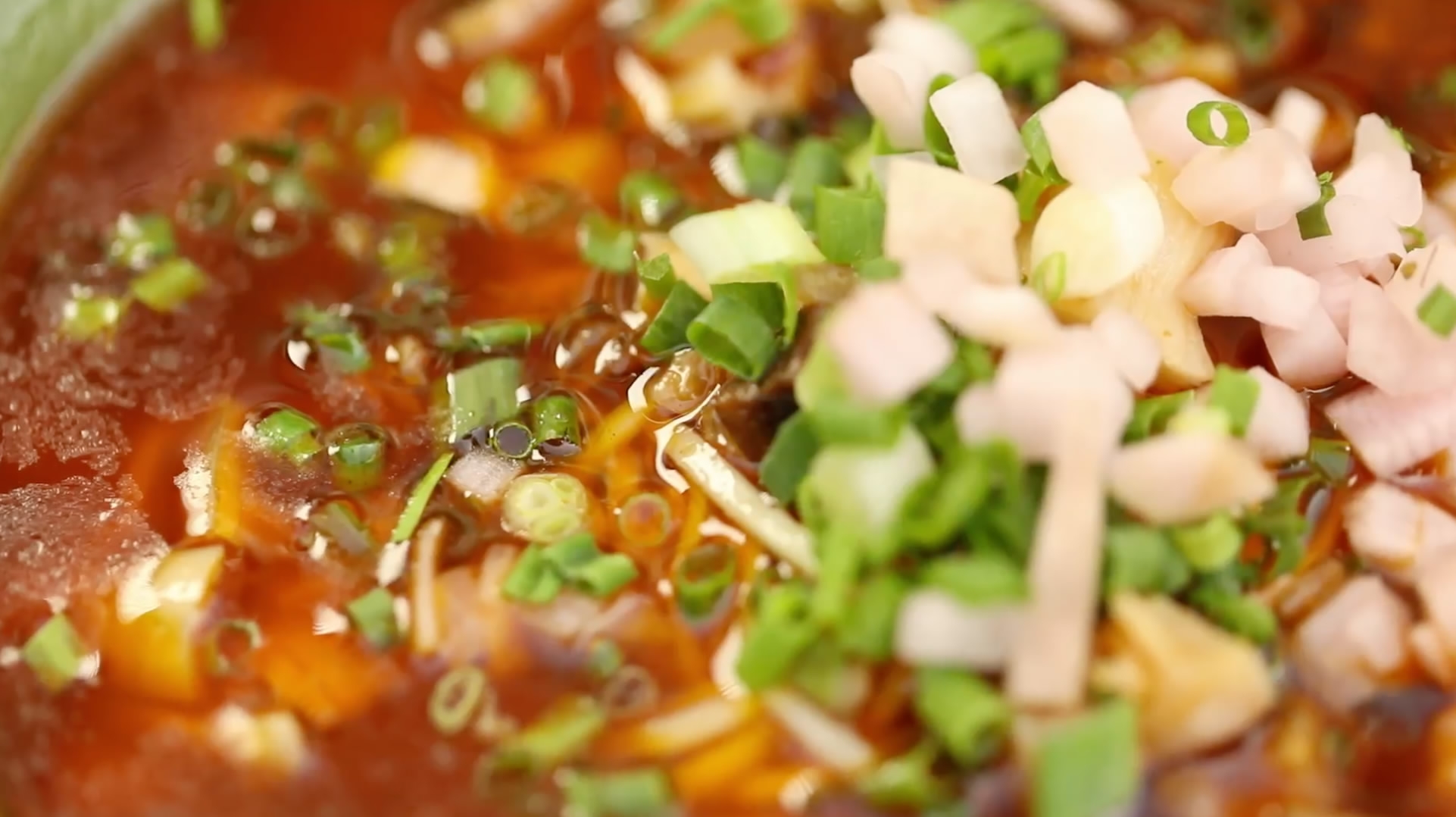
CGTN Photo
CGTN Photo
Ma wanted to call it "Old Beichuan Halal Snacks", though his wife thought it would make the customers feel sad. In the end, they only added "time-honored" next to it.
After the opening, the regulars returned. It was just like old friends getting together again, everybody was happy: "The taste never changed. It's the same as usual."
The family gets up at 6 a.m. every day, and closes the restaurant at 9 p.m. Things never get easier even though they've hired 3 workers. Ma thinks, however, that: "My life has been enriched. I'm really satisfied."
The green belts in new Beichuan remind Ma of the landscape of the old town. In the afternoons when business is not busy, he takes his children out to play. Sometimes, he revisits the old town alone. Ten years have passed and many things have been erased, including the home built from scratch by his in-laws. Now it is the beef noodles of Ma's that connects the present and the past.
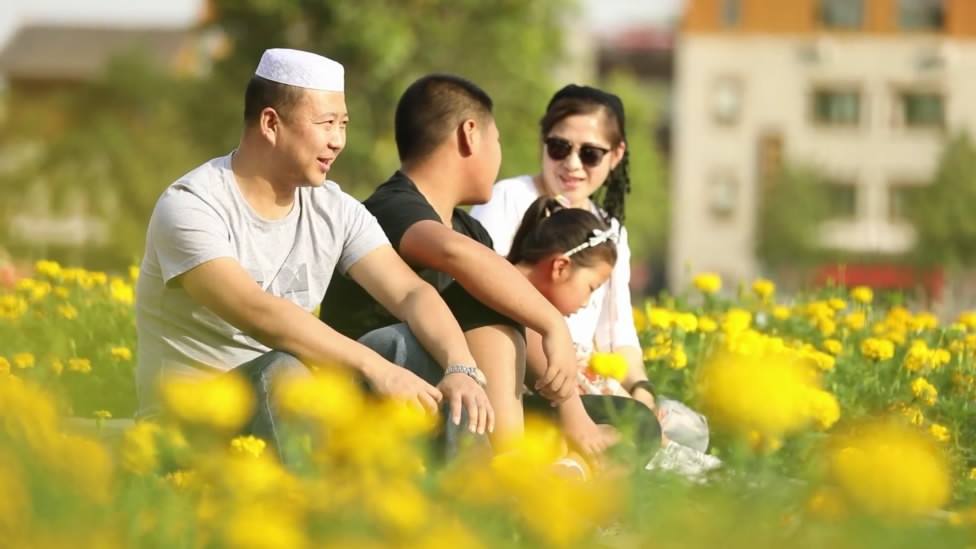
CGTN Photo
CGTN Photo
"We should feel grateful for surviving," Ma said. His daughter was born in the new town after the earthquake, and he hopes that the smile on her face will last forever.
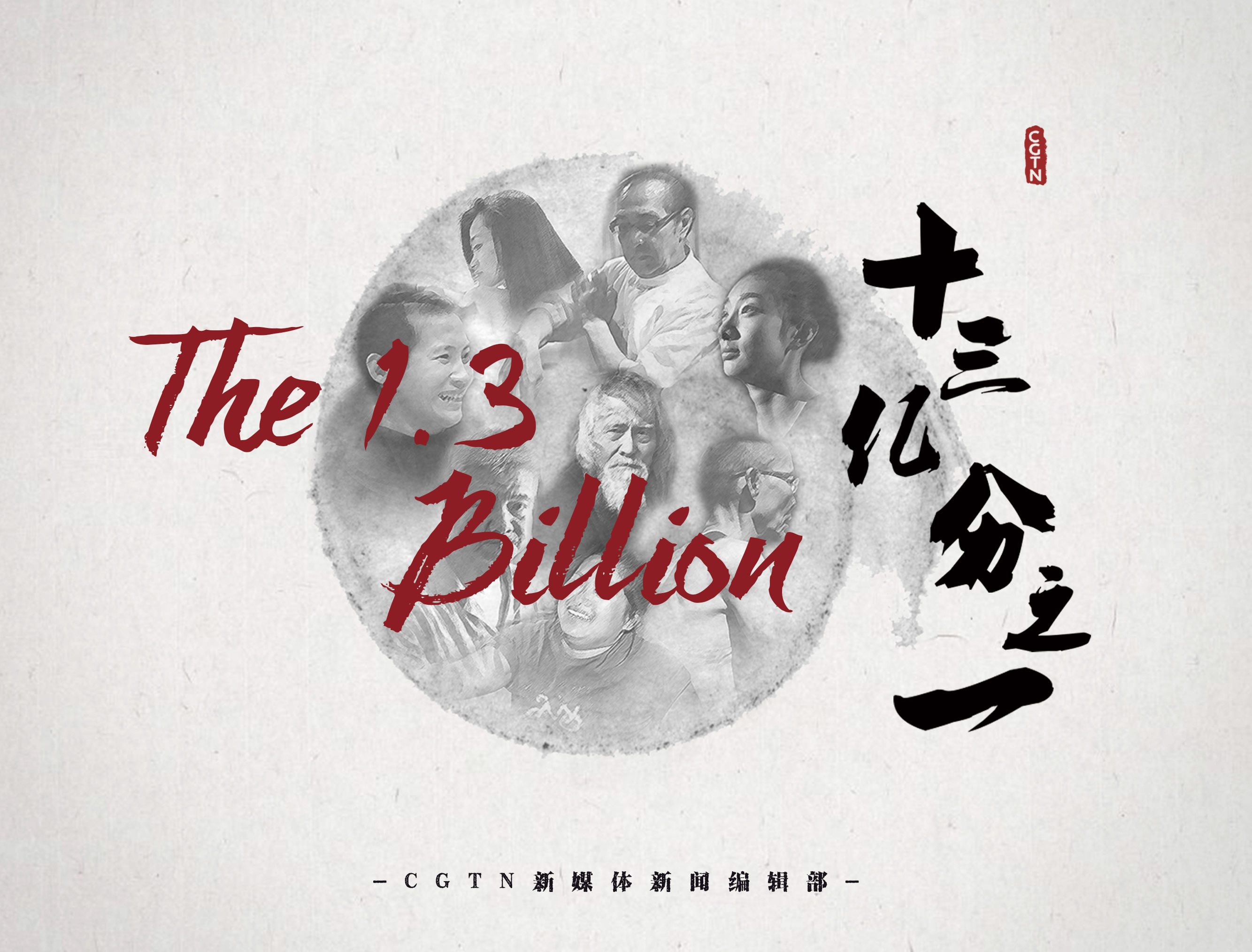
The story is one in The 1.3 billion series exploring the diverse lives that make up China.
The story is one in The 1.3 billion series exploring the diverse lives that make up China.

SITEMAP
Copyright © 2018 CGTN. Beijing ICP prepared NO.16065310-3
Copyright © 2018 CGTN. Beijing ICP prepared NO.16065310-3